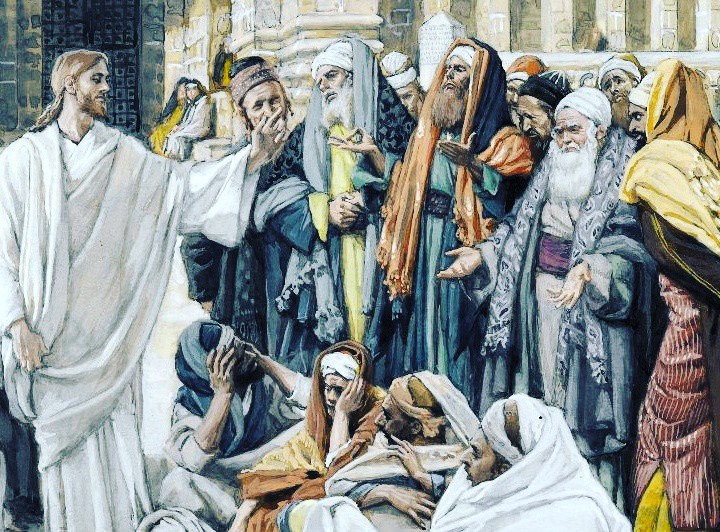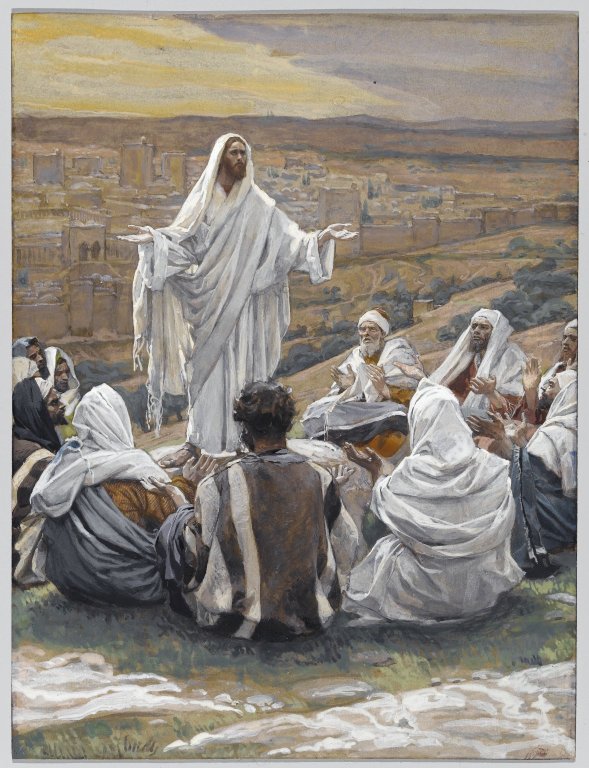https://bible.usccb.org/bible/readings/091023.cfm
We Offend People But Also God
Perhaps you have had the experience of asking God for forgiveness for your sins, especially against someone, and you are still not at peace with God or with the person. It’s good to own up to our sins, but a quiet prayer isn’t enough.
After a while, we realize that we need the words of absolution from Jesus and the priest. How good it is and how blessed we are to know that when we tell the priest in the Sacrament, we are telling Jesus.
In today’s gospel, he told his disciples, “Whatever you bind on earth will be bound in heaven, and whatever you loose on earth will be loosed in heaven.” The one absolved from their sin is bound to heaven. The one who is not repentant is loosed to remain in their own sin. Please, God, they will repent.
Some people think they can manage without Jesus absolving sin in the Sacrament. But they must realize that we not only offend other people but also offend our Lord God, Jesus Christ. “What you do to the least of my brothers and sisters, you do to me” (Matthew 25:40). He needs to hear our sorrow as well as other people do. Only Jesus can forgive/absolve sin that offends him.
From my experience, I know that confession to a priest in the Sacrament gives me the courage to approach a brother or sister and tell them I’m sorry. Until then, it’s easy to continue harboring resentment and the pain sin causes us. James L. Menapace states this:
To harbor resentments is like closing a wound with all the infection still inside. No healing can ever take place. The wound has to be lanced and opened and cleansed before it can heal. Someone has said resentment is like drinking poison, hoping the other person dies. (https://www.livingwithoutlust.com/our-unbearable-sins/)
Gospel Challenge:
Is there anyone in my past that I still harbor a resentment? Or have I forgiven someone, and the pain they caused me is still in my heart? Whatever it is, share it with Jesus in your priest. Confess to Him what you can’t resolve. In the Sacrament, Jesus takes our sins and the pain they cause us to His Cross, and they die with Him right before us. That saving moment in the past becomes present in our celebrations of the Sacraments. Kindly let me explain.
Anamnesis describes what a father in the Old Testament would tell his son when they celebrated Passover. “It was not Moses and the people who crossed the Red Sea, escaping Pharoh and his chariots. It was you and me.”
They didn’t think of memory the way we think of memory. We recall an event and think about it in our minds. When they celebrated Passover, and Jesus celebrated Passover with His disciples, they believed the passing through the Red Sea was becoming present now. Our Catholic Catechism calls this anamnesis, the Greek word for memory.
The saving events of Jesus’ death and resurrection are not entirely in the past. God presents those moments to us in the Sacraments so we can participate in it for our salvation.
When Jesus says through the priest, “I absolve you from your sins,” Jesus is speaking from His Cross, “It is finished.” And it is.
Peace everyone.
IGNITE THE FIRE!
Fr. Rick Pilger, IC
pastor@bscchurch.com











